PhD Projects, Programmes & Scholarships in Ireland 2026 | Top Universities & Funding
_17-10-2025_05-08-52%20PM.webp&w=3840&q=75)
Ireland is quickly emerging as one of the most appealing locations for doctoral study in Europe. Its world-class universities, English-speaking culture, and emphasis on innovation make undertaking PhD projects in Ireland the perfect combination of academic rigor and practical application. For international and Indian students, high-quality supervision, international research collaborations, and a friendly multicultural environment are available in Ireland.
Overview of PhD Education System in Ireland
The Ireland PhD programs are largely research-oriented and comply well with the European Higher Education Area standards. A PhD generally consists of original research under an experienced supervisor, culminating in viva voce examination and thesis. The Ireland PhD programs focus on academic, industry, and research institution collaborations to equip graduates with the necessary skills for academic and non-academic career prospects.
Best Universities Offering PhD Programs in Ireland
Ireland hosts some of the world's top-ranked prestigious universities that always figure among the world's elite universities. The top universities that have excellent PhD programmes in Ireland include:
-
Trinity College Dublin (TCD) – exceptionally strong in humanities, engineering, and biomedical sciences.
-
University College Dublin (UCD) – with strengths in social sciences, business, and agriculture.
-
University College Cork (UCC) – with special strengths in life sciences, computer science, and environmental sciences.
-
National University of Ireland, Galway (NUIG) – emphasizes marine, medical, and data science research.
-
Dublin City University (DCU) – known for applied research and innovation collaborations.
-
University of Limerick (UL) – particularly well-known for engineering, health sciences, and education.
All these universities provide standalone doctoral research centres and graduate schools for specific disciplines.
Areas of Research and Popular PhD Fields
Ireland's research environment is vibrant, encompassing various areas of specialization. Some of the most sought-after research opportunities in Ireland are:
-
Biomedical and Life Sciences
-
Computer Science and Artificial Intelligence
-
Engineering and Renewable Energy
-
Business, Economics, and Management
-
Social Sciences and Humanities
-
Environmental and Agricultural Studies
-
Data Analytics and Cybersecurity
They correlate with Ireland's national research priorities and international innovation strategies, regularly being coupled with sectors via government-sponsored projects.
How PhD Projects Work in Ireland (Structured vs Research-Based)
PhD research in Ireland follows generally two broad formats:
1. Structured PhD Programmes – They integrate research and taught modules in academic writing, research methods, and transferable skills. They suit students who desire more academic development.
2. Research-Based PhDs – These concentrate solely on individual research under the direction of a supervisor, apt for students with a strong research trajectory already.
Students either apply for listed PhD projects in Ireland (predefined research themes) or offer their own project ideas to prospective supervisors.
Admission Requirements for PhD in Ireland
For admission to a PhD for Indian students in Ireland or other international students, the general criteria are:
-
A Master's degree (equivalent) in the concerned area.
-
Solid academic transcripts and research experience.
-
English language proficiency (IELTS 6.5–7.0 or equivalent TOEFL).
-
A proposal for research defining objectives, approach, and importance.
-
Approval of supervisor from the host institution.
Some institutions would also need interviews or GRE/GMAT for certain programmes.
PhD Duration, Tuition Fees & Living Expenses
A full-time PhD in Ireland typically takes 3 to 4 years to finish, whereas part-time is up to 6 years.
Tuition Fees:
EU Students: €5,000–€9,000 per annum
Non-EU/Indian Students: €10,000–€20,000 per annum (discipline-specific)
Living Costs:
Average: €10,000–€15,000 per annum (including accommodation, food, and transport)
The costs can be subsidized by PhD scholarships in Ireland, assistantships, and part-time employment opportunities.
Scholarships for PhD Students in Ireland (Fully Funded & Partial)
Various scholarships cover students' study expenses, including fully funded PhD in Ireland. Top funding opportunities include:
-
Government of Ireland Postgraduate Scholarship (IRC) – Pays full fee and stipend of €19,000 annually.
-
SFI Research Studentship – Sponsored by Science Foundation Ireland for PhDs in STEM fields.
-
HEA International Scholarships – Provided by the Higher Education Authority to international researchers.
-
University-Specific Awards – Like the UCD Global Excellence Scholarship, TCD Provost's PhD Award, and NUIG Hardiman Scholarships.
-
Industry-Funded PhD Projects – Jointly funded by universities and industries.
They are competitive but provide excellent funding for high-calibre researchers.
Most Popular Research Funding Agencies (IRC, SFI, HEA, University Grants)
Major research funding bodies drive Ireland's research environment, among which are:
-
Irish Research Council (IRC) – Funds postgraduate and postdoctoral research across the board.
-
Science Foundation Ireland (SFI) – Emphasizes frontier-level scientific and engineering research.
-
Higher Education Authority (HEA) – Funds government-level scholarships and grants.
-
Enterprise Ireland & Industry Collaborations – Support PhD research projects with an innovative approach.
These institutions provide stable financing and also market Ireland as a research destination internationally.
Step-by-Step Process for PhD Application in Ireland
- Choose a project or research area to pursue.
- Find a proper supervisor from university websites or research platforms.
- Draw up your research proposal stating aims, methodology, and anticipated results.
- Submit an online application together with academic transcripts, references, and evidence of English language proficiency.
- Apply for scholarships at the same time or upon confirmation of admission.
- Receive offer letter and finalize visa (Stamp 2 or 2A) formalities.
- Most universities receive PhD applications throughout the year, with some structured programs having particular intake dates (normally September and January).
Post-PhD Career Prospects in Ireland
Ireland's strong economy and research-intensive sectors offer great postdoctoral and employment opportunities. Graduates may seek employment opportunities in academia, biotech, IT, pharma, data analytics, and public research organizations. Additionally, foreign PhD graduates may opt for a 24-month stay-back option, which enables them to find employment or postdoctoral opportunities.
Conclusion
Completing a PhD in Ireland can lead to top-notch education, world-class research, and international networking. With abundant funding opportunities, planned programs, and increasing international community of researchers, Ireland is a world-class destination for doctoral studies. Whether you are interested in scientific advancement or social influence, Ireland can provide the ideal place to excel as a researcher.
Frequently Asked Questions
1. What are the qualifications for enrolling in a PhD in Ireland?
A Master's degree, satisfactory academic record, and a recommended research proposal are normally necessary.
2. Are there fully funded PhD scholarships in Ireland?
Yes, some schemes like the Irish Research Council and SFI provide fully funded scholarships.
3. How long does a PhD in Ireland take?
A PhD full-time typically takes 3–4 years to finish.
4. Can Indian students work on a PhD in Ireland?
Yes, international PhD students are allowed to work 20 hours a week in term and full-time in holidays.
























_03-12-2025_01-17-26%20PM.webp&w=3840&q=75)
_02-12-2025_03-07-49%20PM.webp&w=3840&q=75)

_27-11-2025_04-06-24%20PM.webp&w=3840&q=75)
_25-11-2025_04-38-18%20PM.webp&w=3840&q=75)
_24-11-2025_03-20-26%20PM.webp&w=3840&q=75)
_22-11-2025_12-44-47%20PM.webp&w=3840&q=75)
_21-11-2025_04-17-47%20PM.webp&w=3840&q=75)
_20-11-2025_03-55-26%20PM.webp&w=3840&q=75)
_18-11-2025_04-00-40%20PM.webp&w=3840&q=75)
_15-11-2025_10-48-43%20AM.webp&w=3840&q=75)
%20(1)_14-11-2025_03-52-25%20PM.webp&w=3840&q=75)
_13-11-2025_03-02-38%20PM.webp&w=3840&q=75)
_08-11-2025_04-15-36%20PM.webp&w=3840&q=75)
_05-11-2025_04-01-50%20PM.webp&w=3840&q=75)
_05-11-2025_03-46-26%20PM.webp&w=3840&q=75)
_03-11-2025_03-31-09%20PM.webp&w=3840&q=75)
_04-11-2025_.webp&w=3840&q=75)
_04-11-2025_.webp&w=3840&q=75)
_28-10-2025_04-09-08%20PM.webp&w=3840&q=75)
_24-10-2025_05-10-31%20PM.webp&w=3840&q=75)
_24-10-2025_04-55-51%20PM.webp&w=3840&q=75)
_22-10-2025_04-40-20%20PM.webp&w=3840&q=75)
%20(1)_21-10-2025_03-05-46%20PM.webp&w=3840&q=75)
_21-10-2025_02-43-15%20PM.webp&w=3840&q=75)
_17-10-2025_04-54-54%20PM.webp&w=3840&q=75)
_15-10-2025_03-46-47%20PM.webp&w=3840&q=75)
_14-10-2025_03-42-40%20PM.webp&w=3840&q=75)
_14-10-2025_03-29-48%20PM.webp&w=3840&q=75)
_13-10-2025_03-48-51%20PM.webp&w=3840&q=75)
_11-10-2025_04-28-42%20PM.webp&w=3840&q=75)
%20(1)_09-10-2025_04-12-08%20PM.webp&w=3840&q=75)

_07-10-2025_02-55-25%20PM.webp&w=3840&q=75)
_07-10-2025_02-39-51%20PM.webp&w=3840&q=75)
_06-10-2025_03-42-37%20PM.webp&w=3840&q=75)
_03-10-2025_04-42-59%20PM.webp&w=3840&q=75)
_01-10-2025_11-12-12%20AM.webp&w=3840&q=75)
%20(1)_29-09-2025_02-54-12%20PM.webp&w=3840&q=75)

_26-09-2025_12-14-18%20PM.webp&w=3840&q=75)
_24-09-2025_04-44-26%20PM.webp&w=3840&q=75)
_23-09-2025_04-14-36%20PM.webp&w=3840&q=75)
_22-09-2025_04-08-09%20PM.webp&w=3840&q=75)
_20-09-2025_03-26-03%20PM.webp&w=3840&q=75)
_17-09-2025_04-06-42%20PM.webp&w=3840&q=75)
_15-09-2025_04-43-43%20PM.webp&w=3840&q=75)
_13-09-2025_12-17-49%20PM.webp&w=3840&q=75)
_12-09-2025_04-31-36%20PM.webp&w=3840&q=75)
_12-09-2025_04-17-03%20PM.webp&w=3840&q=75)
_10-09-2025_03-59-59%20PM.webp&w=3840&q=75)
_09-09-2025_04-11-16%20PM.webp&w=3840&q=75)
_09-09-2025_03-53-52%20PM.webp&w=3840&q=75)


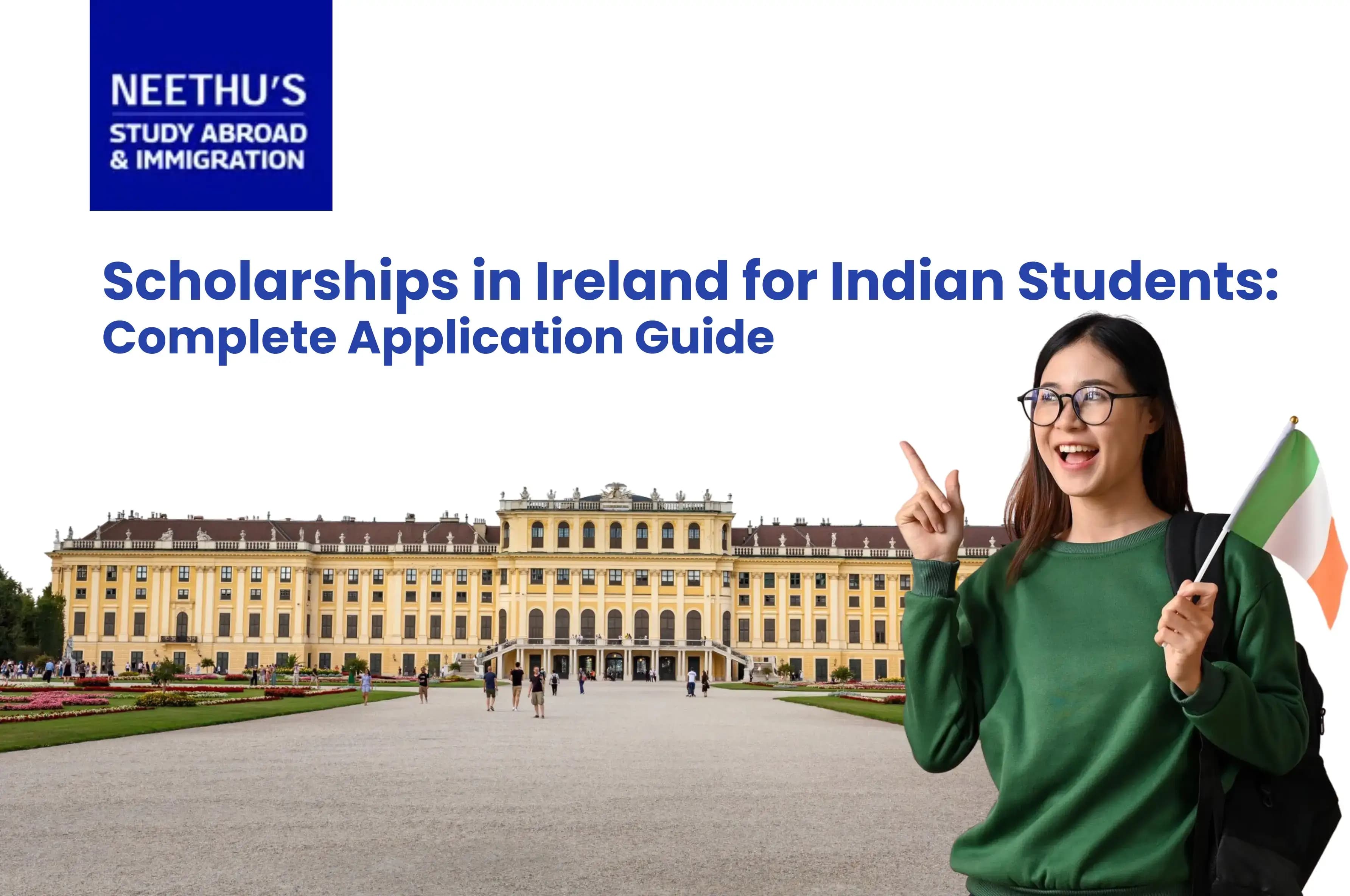


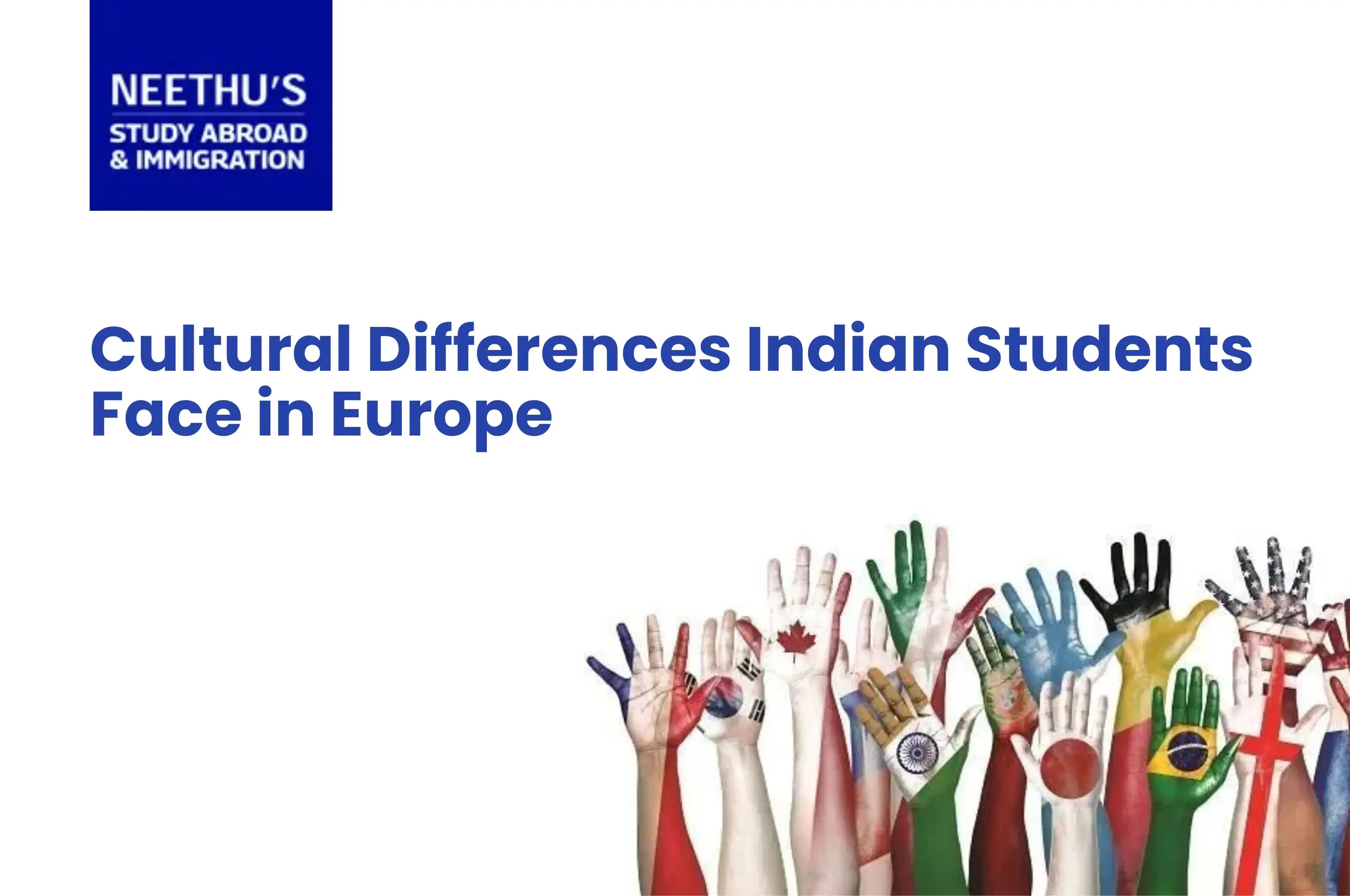





































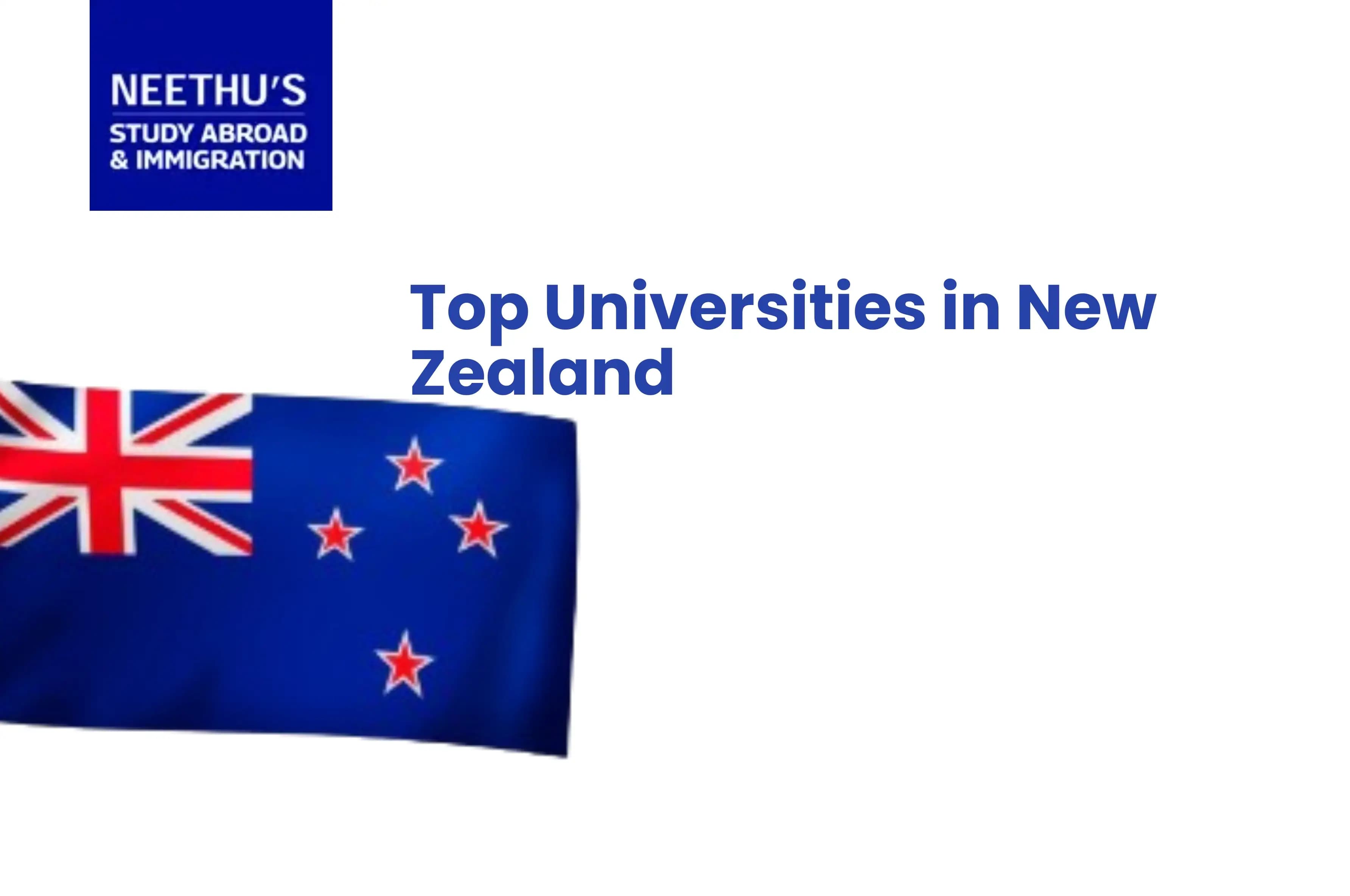
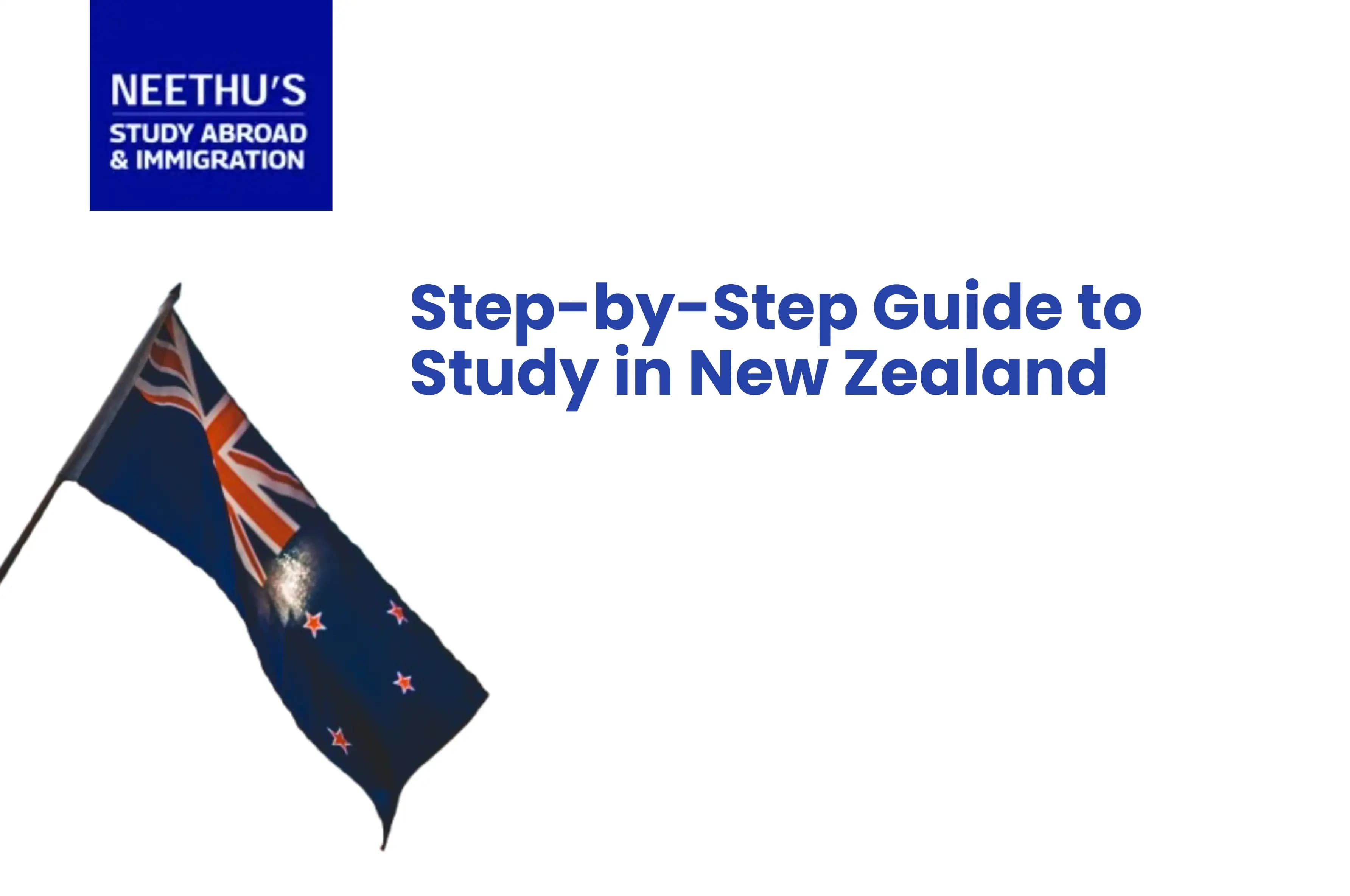



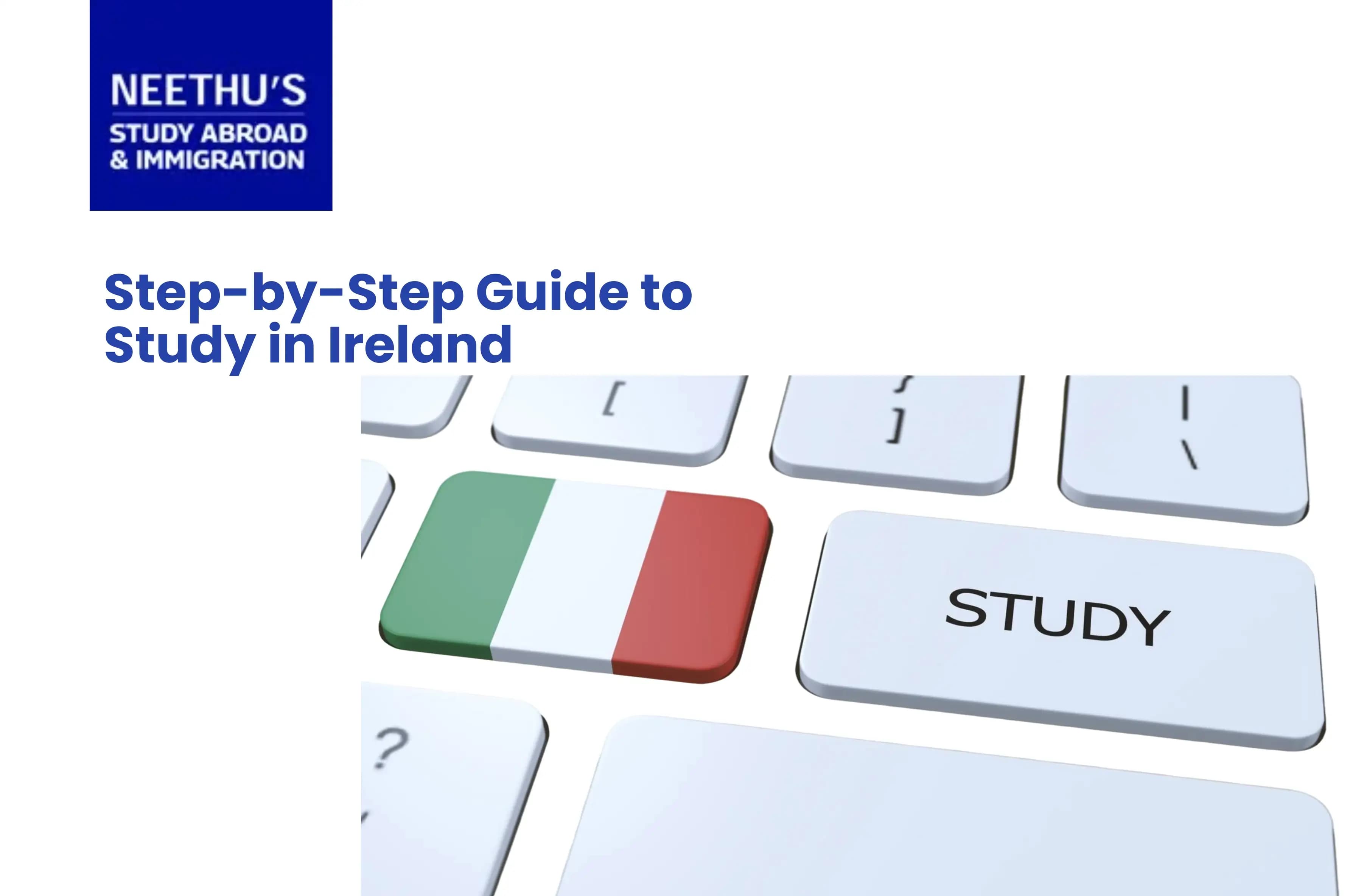



_12-06-2025_03-40-35%20PM.webp&w=3840&q=75)

